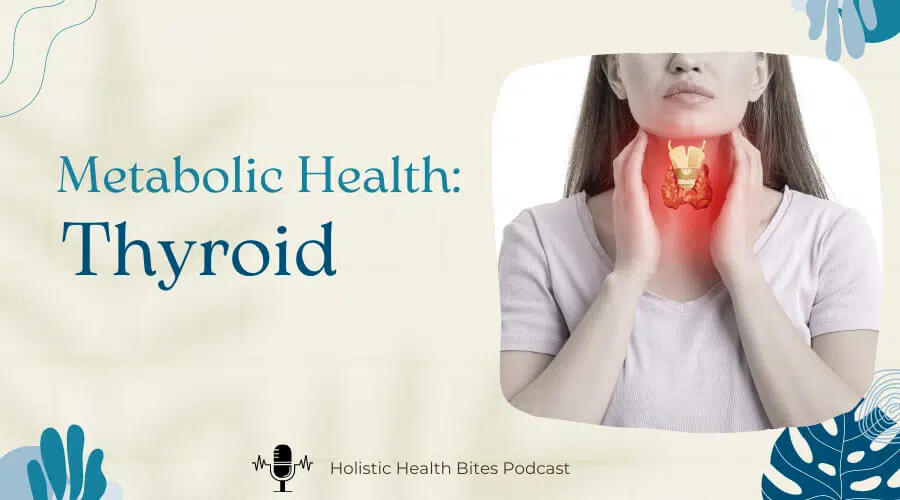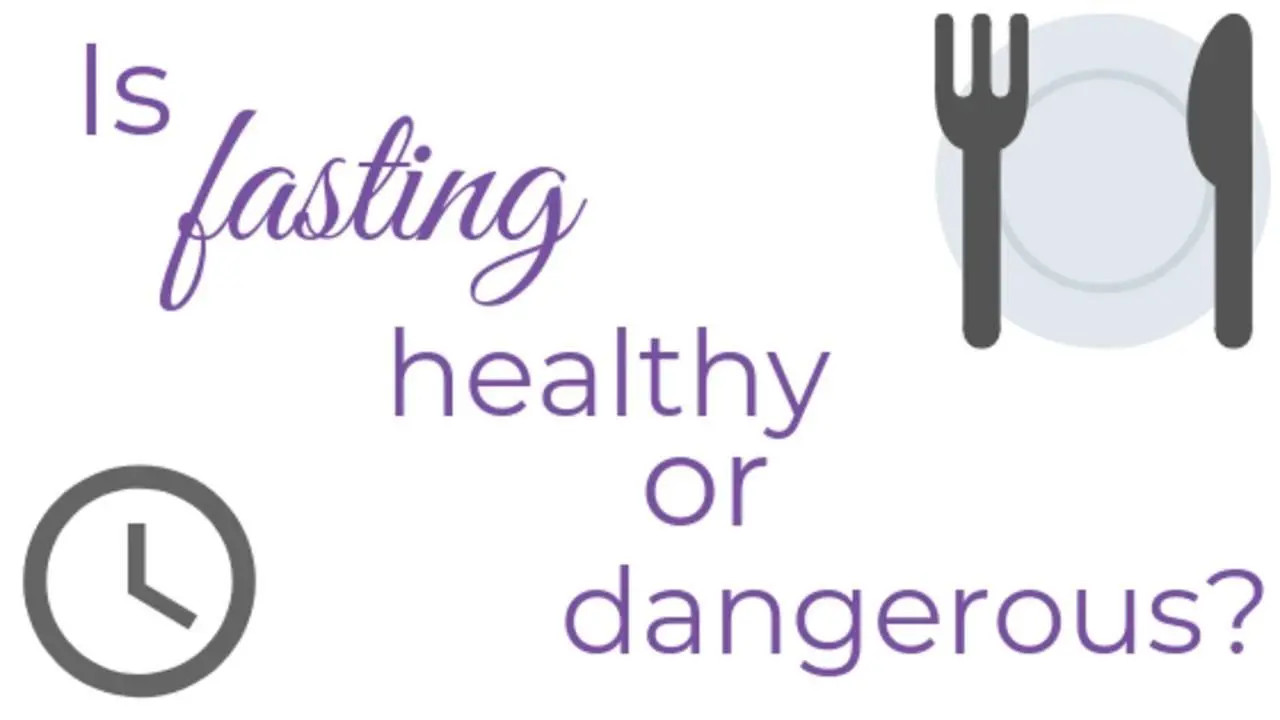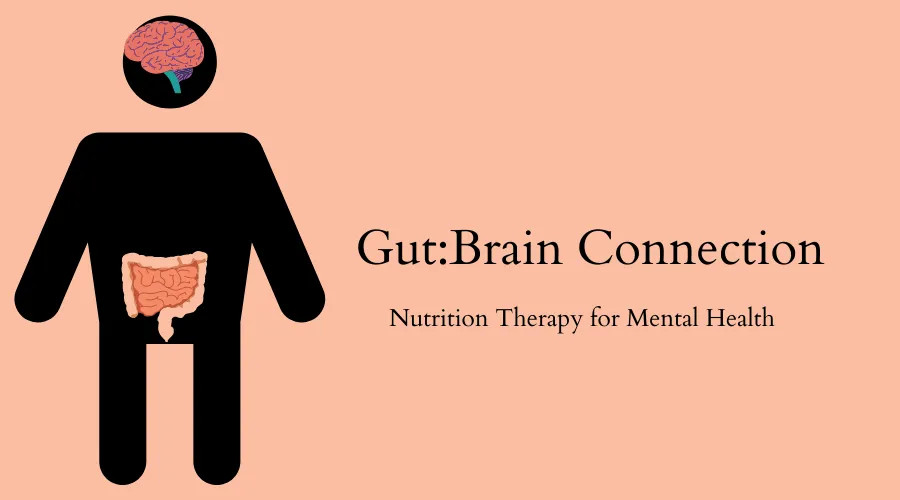
Metabolic Health & Thyroid
We are continuing through the metabolic disorders series and today we are talking about the thyroid!
This is a major concern today with millions of people suffering from thyroid imbalances and dysfunctions. Estimates are that about 40% of the population have some level of thyroid imbalance. Most thyroid imbalances are found in women, though they can also affect men. More women are involved because of the intimate link between the thyroid and estrogen; especially with and after pregnancy. Today we are discussing what the thyroid does, what imbalances can occur, what medications and healing solutions are available, and how to know what imbalance you have. Testing is a critical piece of this puzzle and unfortunately, the conventional medical system doesn’t adequately test for all of the possible thyroid imbalances. They like to put everyone in one bucket and generally prescribe only one class of medications – which leaves most people still feeling the same symptoms. We’ll come back to that later.
What is the thyroid? Where is it? What does it do?
The thyroid is a butterfly-shaped gland located on the front of the neck just below the Adam’s apple. It is made up of two lobes, right and left. On the back side of the thyroid are four small glands (two on each side), called the parathyroid. The parathyroid plays a major role in bone health as it regulates the level of calcium and phosphorus in the body. The thyroid produces three hormones – thyroxine (T4), triiodothyronine (T3), and calcitonin. These hormones, specifically T3 and T4 act throughout the body influencing metabolism, growth, and body temperature. Calcitonin works with the parathyroid hormones in bone health and calcium regulation.
Thyroid Hormones
The thyroid hormones – T3 and T4 are made up of an amino acid tyrosine and molecules of iodine. T4 has 4 molecules of iodine, T3 has 3. The thyroid gland produces mostly T4 (93%) and a little T3 (about 7%). T3 is the metabolically active form of thyroid hormone. This is what acts in the cell, altering metabolic rate.
Thyroid Imbalances
If you have low thyroid hormones, you are said to be hypothyroid. Hypo – meaning low. Symptoms of hypothyroid can be feeling sluggish, tired, difficulty losing weight, dry skin, hair loss, constipation, sensitive to cold, and tend not to sweat. Often hypothyroid clients will complain of feeling depressed, feeling “pins and needles” or like a limb has fallen asleep, muscle cramps, tender muscles (can sometimes be mistakenly diagnosed as fibromyalgia), and experiencing cognitive challenges.
If you have high thyroid hormones, you are said to be hyperthyroid. Hyper – meaning high. Symptoms of hyperthyroid include weight loss, increased appetite, intolerant to heat, and more often have high blood pressure. Often hyperthyroid clients will complain of anxiety, irritability, difficulty sleeping, muscle tremors, excessive perspiration, irregular heartbeat, brittle hair, and muscle loss, muscle weakness, and frequent or loose stools.
It is important to know that many of these symptoms can arise from other conditions and imbalances beyond thyroid. This is why testing is so critical to assess the true picture for you. Both hypo and hyper thyroid conditions can cause further disorders and disease if not properly managed. Many clients will find that as their thyroid dysfunction progresses, they have swings between hyper and hypo symptoms and lab tests.
What does thyroid hormone do?
Thyroid hormones are directly related to functions of various systems throughout the body. Just to name a few:
-bone health along with the parathyroid – regulating the normal processes of bone breakdown and rebuilding to strong, healthy bone.
-digestion and motility which is why hypothyroid clients often find constipation and hyperthryoid patients find loose frequent stools; both contribute to nutrient deficiencies, inflammation, food sensitivities, increased infection risk, and microbial imbalances.
-proper regulation of estrogen and testosterone production for a healthy libido, female cycling, body fat regulation, and muscle development.
-skin health. Hypothyroid clients struggle with facial and neck edema/puffiness, pale/thick/dry skin that is cool to the touch, and they may lose the outer ⅓ of their eyebrows. Hyperthyroid clients often struggle with hives, itchy skin, hyperpigmentation and feel warm, moist, and flushed.
How are the hormones developed?
Production of thyroid hormones starts with hormones being released in the brain. The hypothalamus is sort of like the master switchboard of the body. It sends out various hormones to the pituitary which then signals other glands throughout the body. In this case, the hypothalamus releases a hormone called thyrotropin-releasing hormone (TRH) which signals the pituitary gland to release thyroid-stimulating hormone (TSH). TSH then stimulates the thyroid to produce T4 and T3. Now, you’ve likely heard of TSH because that is the standard lab test ordered by most conventional medical doctors when assessing thyroid function. It’s NOT a thyroid hormone but does relate directly to the production by the thyroid. We’ll come back to lab testing later.
In order to properly produce and use thyroid hormones, we need proper levels of iodine, selenium, zinc, magnesium, tyrosine, vitamin A, vitamin D, vitamin C, and several B vitamins.
**Caution with simply popping supplements containing these nutrients – many will cause dysfunction when at high levels! Work with a trained practitioner before you increase your intake of any of these nutrients through supplementation. It’s best to focus on healthy, whole foods for these nutrients and only supplement where necessary. Consumption of wild-caught seafood and sea vegetables, quality proteins (pasture-raised eggs and meat), nuts, seeds, green leafy vegetables, and avocado can help boost your levels naturally.
What affects thyroid hormone levels and/or function?
Things that can adversely affect thyroid hormones and function are blood sugar imbalances, digestive dysfunctions (loose stools, diarrhea, constipation, undigested food in your stool, gut infections), leaky gut, microbial imbalances in the gut, inflammation of the gut, viral or bacterial infections throughout the body, inflammation throughout the body, estrogen dominance, endocrine disrupting chemicals, iron deficiency, heavy metal toxicity, B vitamin anemia, stress, liver dysfunction, and nutrient deficiencies.
Toxins in our food, water, environment, medications, personal and home care products, cookware, and supplements can interfere with the uptake and utilization of these key nutrients.
We can think of the pituitary like the thermostat of the body – sending signals to the furnace (thyroid) to increase or decrease the metabolic rate and body temperature. When there is too little thyroid hormone, the pituitary gland releases more TSH to turn up the thyroid. When there is too much thyroid hormone, the pituitary gland slows down the release of TSH, dialing back the stimulation of the thyroid.
Since the thyroid produces mostly T4, with a little T3, we need to have a functioning conversion system throughout the body in order to have adequate supplies of the active T3. This process occurs in every cell of the body and requires enzymes to remove one iodine from T4 to make T3. These enzymes require selenium to function. This is one nutrient deficiency that can lead to thyroid hormone disfunction. If you don’t have adequate selenium, you can’t convert from T4 to T3.
T4 can also be converted to reverse T3. This is a molecule similar to T3, but it is not metabolically active. This is a totally normal process, but can be revved up in cases of stress, injury, diabetes, inflammation, and taking some drugs like beta blockers. If you’re overconverting T4 to reverse T3 you don’t have adequate T3 to be metabolically active and you can feel like you’re hypothyroid.
The immune system can also start to develop antibodies to the thyroid enzymes or carrier proteins that can lead to autoimmune hypothyroidism or hyperthyroidism. The most common form of hypothyroidism is Hashimotos which is autoimmune. The hyperthryoid autoimmune conditions is Graves. There are many different triggers for any autoimmune disease to develop. One of the most common triggers found today is gluten. Gluten has a tendency to be perceived by the body as the same molecule as thyroid hormones – a scenario called molecular mimickry. It is highly recommended that anyone with thyroid dysfunction, avoid gluten for this reason. Another common mimicker is the casein protein in dairy. So, this may be another category of foods to avoid with thyroid disorders.
How do you know if you have a thyroid disorder?
Testing is the best way to know for sure because many of the symptoms can arise from other malfunctions in the body. Holistic and functional practitioners look at lab values in the context of symptoms. If you are asymptomatic (not having any metabolic issues), lab values are less critical. If you are symptomatic, continue digging until you find out why – even if your lab values come out “normal” or within optimal ranges! There are MANY different imbalances, and not all are captured on lab tests.
Conventional medical doctors will run a TSH only, some will also run a free T4 or will run the free T4 if the TSH value is out of range. There are a few problems with this limited analysis of TSH.
- The “normal” range of TSH they’re looking at is very broad. You may fit all of the classic symptoms of hyper or hypothryoid, yet your TSH may look perfectly normal in this reference range. Functional and holistic practitioners often use a much narrower optimal or functional range. Often, symptomatic clients will be outside of the functional range.
- TSH is a pituitary hormone, not a thyroid hormone. All this is telling us is how much TSH is being released by the pituitary gland. It doesn’t tell us if the thyroid is responding and producing T4 or T3. It also doesn’t tell us if the T4 is properly converting to T3. It doesn’t tell us how much is being converted to reverse T3. And it doesn’t tell us if you have antibodies being developed against your thyroid hormones or carrier proteins.
Even running the free T4 with the TSH doesn’t answer all of these questions. Is the T4 converting properly to T3? Is it converting to reverse T3? Are there antibodies being produced? The free designation here tells us how much of the hormone is free and available for use by the cells. This accounts for a very small percentage of the T4 produced. The vast majority of the T4 is bound to carrier proteins in the blood. You could have a normal free T4 level, but be low or high in total T4 (also accounting for the bound T4).
For a more complete picture, there are many other markers we’d want to look at. Here is the comprehensive panel I run on my clients:
- TSH
- free T4
- total T4
- free T3
- total T3
- reverse T3
- TPO antibodies
- TGB antibodies
There are additional markers that can be run if a thyroid imbalance is still elusive after these tests and therapeutic approaches fail.
What are the treatment or therapies available for hypothryoid conditions?
Conventional medical providers will usually prescribe Synthroid or Levothyroxine. There are other medications that fall into this class, but these are the most common. These are synthetic versions of T4 only – again because this is mostly based on TSH and maybe a free T4 value, doctors are trying to regulate the level of T4 in the body. Sadly, many clients find that they don’t feel any better on these medications. Their labs will come out “normal” – again only looking at TSH and maybe free T4, but they still struggle with the weight, depression, hair loss, dry skin, and all of the other problems. This ultimately leads to additional medications like depression meds or being told they just need to eat less and exercise more when clients complain. In actuality, these medications are probably solving the wrong problem.
Functional and integrative doctors using medications will often firstly look at the full panel of markers, and secondly will use medications that contain T3 only or a combination of T3 and T4. These can be synthetic varieties or can be desiccated thyroid glands from animals (usually pigs) that are much closer to the natural hormones you would produce. With the proper dosing, clients find they can lose weight easier, and overall their symptoms subside. If they are overmedicated, they may find some symptoms of hyperthyroid creep in – like anxiety and heart palpitations.
Many clients want to avoid medications, so they opt to try more subtle healing solutions first.
- heal the gut to ensure adequate nutrient intake and assimilation
- eliminate infections, inflammation, and reduce stress as much as possible
- support where needed for nutrient deficiencies which could include iodine, magnesium, selenium, zinc, vitamins, and essential fatty acids. It is especially important to know about antibody production before you supplement with iodine – as iodine can increase production of antibodies in those already on the autoimmune path. In those without positive antibodies, iodine deficiency may be a contributing factor.
What about Hyperthyroid treatments?
Cases of hyperthyroid are generally best treated by pharmaceuticals to avoid increased cardiovascular risks and aggressive thyroid destruction. These, of course, can be assisted by all of the same overall healing protocols associated with gut, inflammation, nutrient deficiencies, and elimination of infections.
There is a quick overview of the thyroid as it relates to metabolic health. This is a pretty common issue in our population today. I urge you to pursue additional knowledge on this topic if you feel like a thyroid imbalance may be playing a role in your health.





















0 Comments